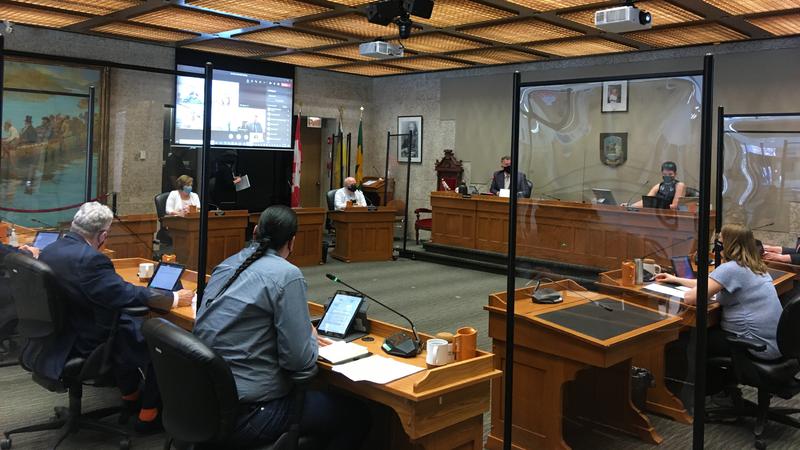
Council considers request to support abolition of mandatory minimum sentences
A call to support the abolition of mandatory minimum sentences generated some discussion at the most recent Prince Albert city council meeting.
The Congress of Aboriginal Peoples, a national Indigenous organization, wrote to council to request the city’s politicians pass a motion to formally endorse the end of certain mandatory minimum sentences under Bill C-22.
The proposed legislation, aimed at addressing the over-incarceration of Indigenous and Black people in Canada, was introduced by the federal Liberals in February. It will repeal mandatory minimum sentences for drug offences and some gun-related crimes and require police and prosecutors to consider alternative measures for cases of simple possession of drugs, such as diversion to addiction-treatment programs.
The government noted that the proportion of Indigenous offenders admitted with an offence punishable by a mandatory minimum penalty has almost doubled between 2007-2008 and 2016-2017, from 14% to 26%.


